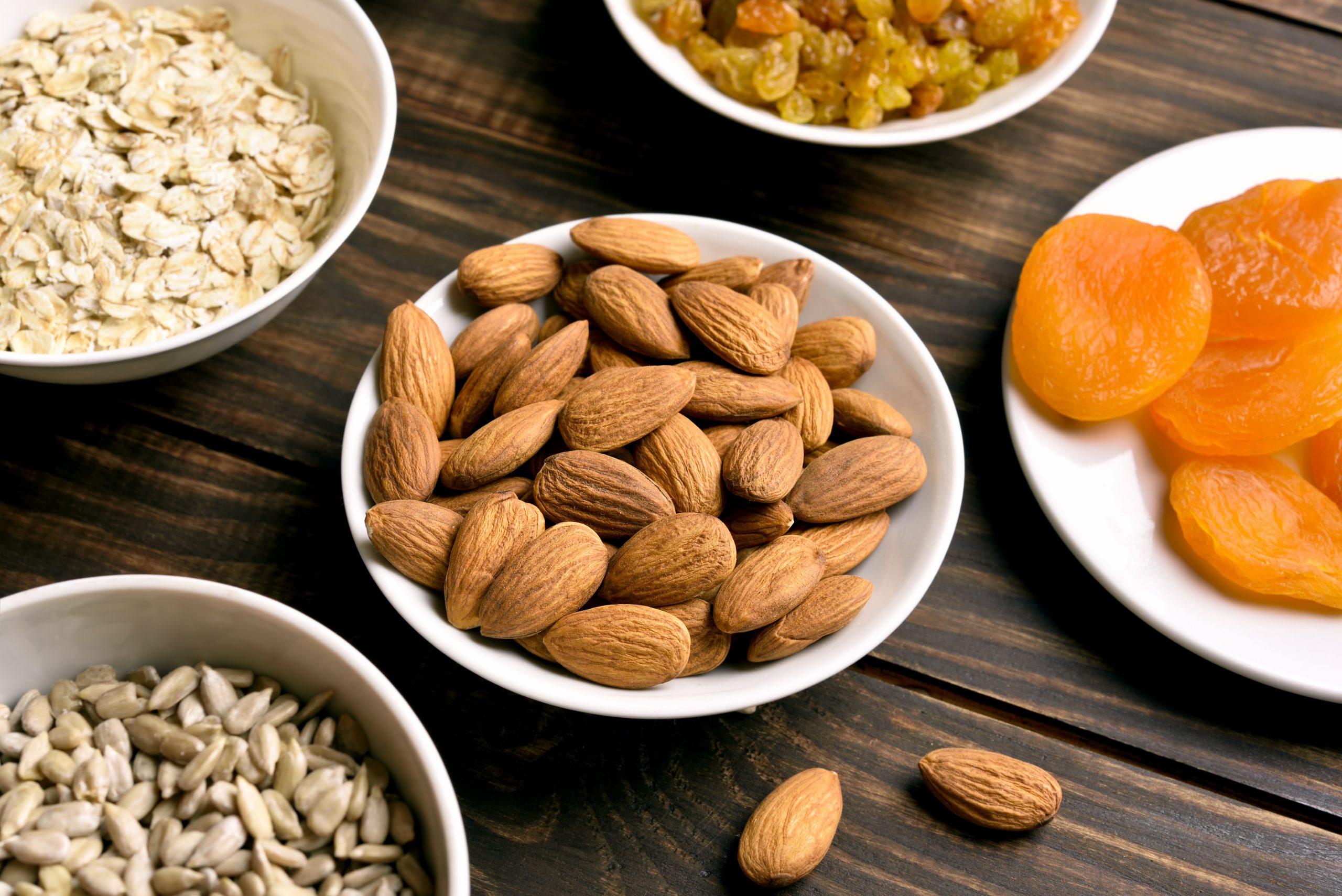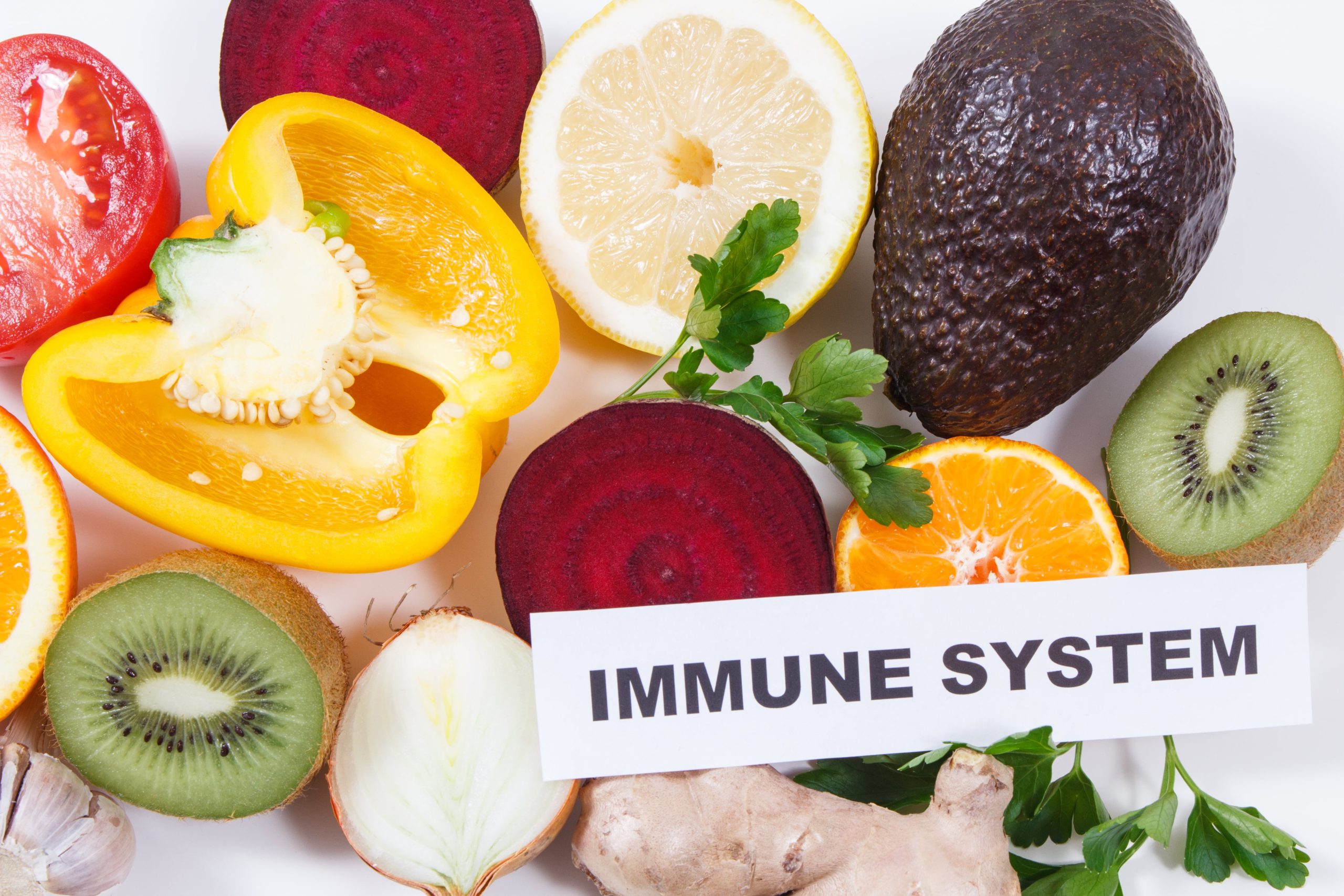It is important to avoid certain foods to maintain a healthy lifestyle. Unhealthy food can increase the risk of heart disease, high blood pressure, and other chronic diseases. Eating too much unhealthy food can also lead to weight gain, increased cholesterol levels, and an unbalanced diet. Consuming large amounts of sugar or processed and fried foods should be avoided as these can cause spikes in blood sugar levels which can be damaging to the body over time. Now let’s take a look at some of the most common unhealthy foods to avoid!

Common Unhealthy Foods to Avoid
Common unhealthy foods to avoid include sweet potatoes, processed meats like bacon, fried foods, sugary drinks, and snacks. Sweet potatoes are high in carbohydrates and can lead to an increase in blood sugar levels and weight gain if consumed in large amounts. Processed meats like bacon are high in saturated fats which can increase the risk of heart disease. Fried foods are also packed with hidden calories and should be avoided whenever possible. Sugary drinks such as fruit juice, energy drinks, and soft drinks contain hidden sugars which can hurt your health if consumed regularly. Finally, processed snacks such as chips, candy bars, and cookies should be limited due to their high sugar content.
Fruit Juices and Soft Drinks
Fruit juices and soft drinks are popular beverage choices for many people. However, research has shown that these drinks can have a significant impact on our health if consumed in large amounts or daily. Fruit juices often contain high amounts of sugar, which can contribute to weight gain, diabetes, and other health problems. Soft drinks are also filled with empty calories and chemicals that can be detrimental to our overall well-being.

Energy Drinks
Energy drinks have become increasingly popular in recent years, with many people consuming them daily. While they may provide a short-term energy boost, it is important to understand the potential risks associated with their consumption. Energy drinks can contain high levels of caffeine, sugar, and other stimulants that can cause side effects such as increased heart rate and blood pressure. Furthermore, they are usually low in essential nutrients and can contribute to dehydration if consumed in large quantities.
Sweet Potato Chips and Snack Foods
Snack foods, such as sweet potato chips, are popular items in many households. Despite their convenience and delicious taste, they should be consumed with caution. Sweet potato chips are generally high in fat and calories and can quickly add up when eaten in large amounts. They also have a high glycemic index which can cause spikes in blood sugar levels. Additionally, they often contain unhealthy additives such as preservatives or artificial flavors.
Fast Food, Fried Food, and Processed Meats
Fast food, fried food, and processed meats are all popular items in many people’s diets. Although they are convenient and can provide a quick meal solution, they should be consumed with caution due to their unhealthy components. Fast food is often high in calories, fat, sodium, and sugar which can lead to health issues such as obesity, heart disease, and diabetes. Fried foods contain trans-fats which can raise cholesterol levels and increase the risk of certain types of cancer. Processed meats contain nitrates which have been linked to higher chances of developing colon cancer.
Junk Food and Sweets
Junk food and sweets are often a favorite indulgence for many people. While it is okay to indulge occasionally, regular consumption of these items can hurt your health. Junk food is typically high in fat and sugar, and low in nutritional value. Eating too much junk food can lead to weight gain, increase the risk of type 2 diabetes, and contribute to heart disease. Sweets are also packed with sugar which can cause spikes in blood sugar levels leading to fatigue and cravings for more sugary foods.

Amounts of Sugar in Common Treats
The amount of sugar in common treats such as energy drinks, soft drinks, and fruit juice can be surprisingly high. While a single can of soda may contain up to 40 grams of sugar, some energy drinks can contain even more. For those looking to limit their daily intake of added sugars, it is important to read food labels carefully and check the grams of sugar per serving size.
Fruit juices are also a popular option for many people, however, these often contain high amounts of naturally occurring sugars which can have similar health effects as added sugars. To keep your daily sugar intake low, opt for unsweetened versions or dilute them with water if necessary.
Conclusion
In conclusion, it is important to understand the risks associated with high levels of added sugars in your diet. Eating too much sugar can increase your risk of heart disease, high blood pressure, and other chronic diseases. To stay healthy it is important to make wise food choices and limit sugary snacks and drinks. Focus on eating whole foods such as fresh fruits and vegetables, lean proteins, and healthy fats.











